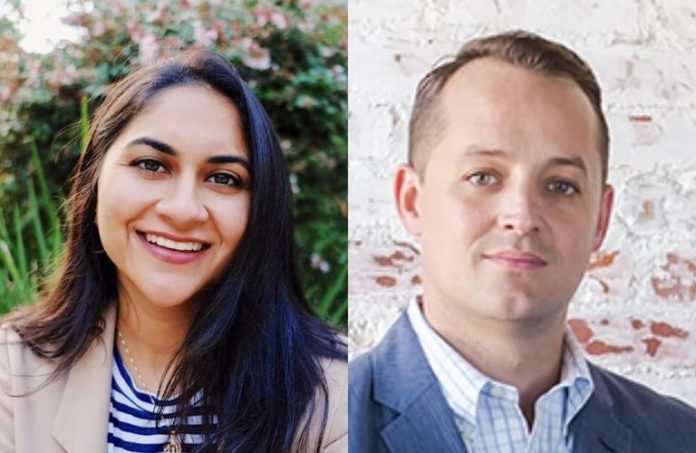Emerging from the pandemic will require more than just a return to where we were before. New Jersey needs resilience: in its grid, in its economy and in its environment. Because it helps meet all three of these goals, solar power should be an element of that recovery.
Solar installer and technician jobs are among the fastest-growing occupations in the nation, with a total of 250,000 solar employees throughout the country. In 2019, a new solar project was installed every 84 seconds. Solar power is clean, affordable and plentiful, and the solar economy is growing quickly.
The Clean Energy Equity Act, sponsored by Sen. Troy Singleton (D-Moorestown), who also championed New Jersey’s environmental justice law, would center this economic growth in the communities that need it most, by creating 2,500 green jobs and career pathways for New Jersey residents from overburdened communities.
In voicing the need for this legislation, Singleton has said: “All New Jerseyans — regardless of their ZIP code or income — should have access to clean energy and its career opportunities. The Clean Energy Equity Act will make sure that clean energy programs are equitable, accessible and affordable for low-income families, and it aligns perfectly with our environmental justice efforts here in New Jersey.”
The bill currently is awaiting action in the Assembly by Telecommunications and Utilities Committee Chairman Wayne DeAngelo (D-Hamilton).
The Clean Energy Equity Act also will foster economic resilience by easing the energy burden on households that have been shouldering more than their fair share for decades. By deploying targeted solar and energy efficiency measures, the bill will lower the energy bills of 250,000 low-income households. A household in an overburdened community — many of which are also communities of color — is likely to pay three times as much of its income on energy bills as a household in a more affluent community. This discrepancy is a direct result of generations of racist policies in New Jersey, such as redlining.
Models for coupling workforce development with deployment of solar in low-income communities already exist. For 20 years, GRID Alternatives, the nation’s largest nonprofit solar company, has been providing free solar for income-qualified clients and 259,000 hours of rooftop installation training.
GRID equips trainees with foundational skills such as resume and interview preparation assistance to help people who often have limited or no professional experience. It also works with partner organizations to provide training to people such as Gonzalo Varela, who participated in a 2019 training cohort after being incarcerated for almost three decades and facing tremendous barriers to employment.
After receiving paid training from GRID, Varela is now completing an electrical apprenticeship with IBEW Local 11, a regular partner of GRID’s Los Angeles office. The Clean Energy Equity Act will help create similar opportunities for people who have been historically left behind to join the growing clean energy workforce with confidence.
When he signed New Jersey’s environmental justice legislation, Gov. Phil Murphy called it “a clear message that we will longer allow Black and brown communities in our state to be dumping grounds, where access to clean air and clean water are overlooked.” The Clean Energy Equity Act will help fulfill this promise.
Zainab Badi is the workforce policy project manager at GRID Alternatives, where she helps shape policy related to workforce development in renewable energy. She holds an MPP from UCLA and previously worked at SEIU Local 2015.
Shaun Keegan is the founder and CEO of Solar Landscape, the New Jersey-based solar installer that installed New Jersey’s first community solar sites.

